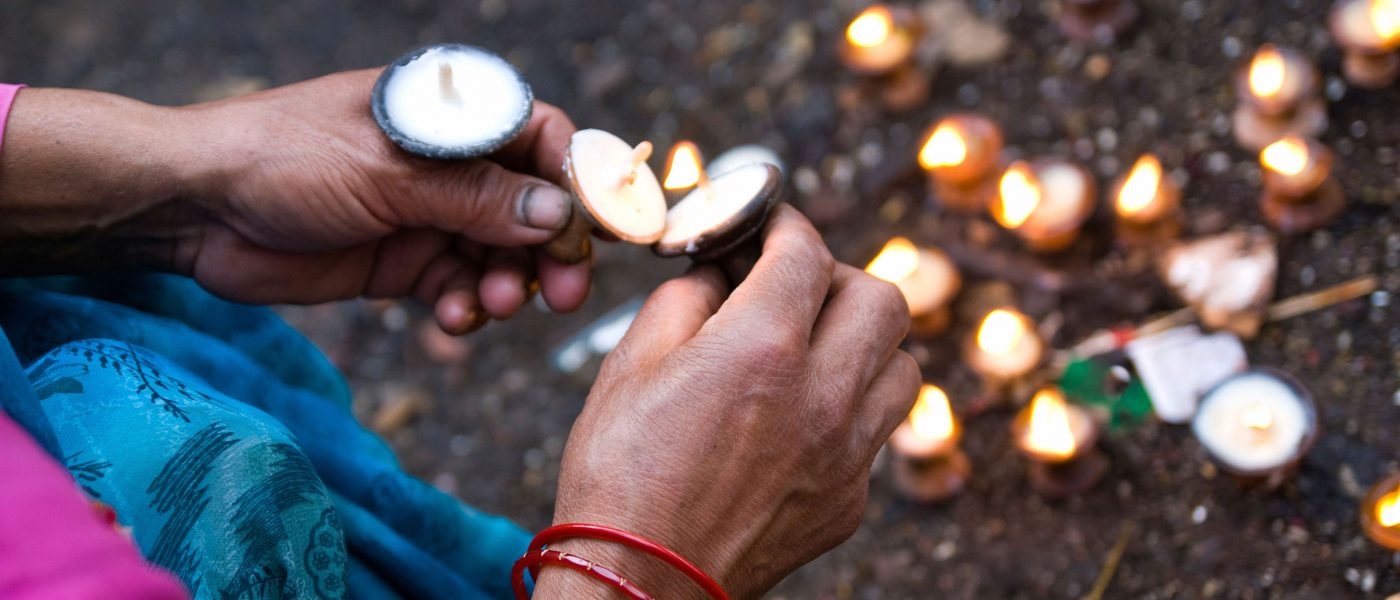Frequently Asked Questions
The program is 12 months, held over three terms: Fall, Winter, and Spring/Summer. Courses run through the Fall and Winter Terms; the Winter Term culminates with a two-week international Learning Symposium / Field Orientation in Manipal, India, conditions permitting. During the subsequent Spring/Summer Term, course-based students complete a global health work-integrated learning practicum and scholarly paper while thesis students work on their dissertation. Thesis students will often extend into the following Fall and Winter Terms.
The MSc Global Health program is interdisciplinary and inclusive. The program actively seeks to attract students from a variety of disciplines and with a diversity of academic, professional, and lived experiences. The program emphasizes the importance of:
- Effective writing skills
- Critical thinking
- Transnational collaboration
As an interdisciplinary program offered as a collaboration between health science, social science, and business, students from many backgrounds would be well-suited to succeed in this program.
We will include financial support, if available, within the letter of offer. Limited financial support is available for full-time students on a competitive basis. We cannot provide financial support to students who are employed on a full-time basis, as these students are deemed ineligible for scholarship support. We encourage applicants to apply for external scholarship funding.
As there is no undergraduate program affiliated with the Global Health program, there are no Teaching Assistant opportunities for MSc students.
No. Given the intensity of a 12-month MSc program, students must be prepared to make a full-time commitment.
No. Faculty who are either members or associate members of the Faculty of Health Sciences will guide students to ensure the field concentration is within their scope.
Yes. Course-based students who have maintained a B+ average in their first term may have the opportunity to complete their second term at partner institutions. We will provide details about this arrangement during the Winter term.
Alternatives will be found for students for whom travel to India might cause undue hardship.
Globalization affects everyone, so preparing students for a career that addresses a range of interrelated issues is beneficial for individuals wishing to work in all parts of the world. Additionally, there is a critical relationship among health, healthcare, education, economic development, business leadership and management that can have global impact, even if experienced at a local level.
Graduates will be able to continue in further education, work for non-governmental organizations (NGOs), universities and/or various levels of government. With the prevalence of globalization, our growing international collaboration, and the extensive integrated scope of the program, graduates have many career options.
For the Fall 2022-2023 term, classes are taught in blended format with McMaster continuing to prioritize in-person learning.
Global Health FHS Student Ambassador, Michelle Pham phamm19@mcmaster.ca
Global Health FHS Student Ambassador, Gurleen Chahal chahag5@mcmaster.ca

